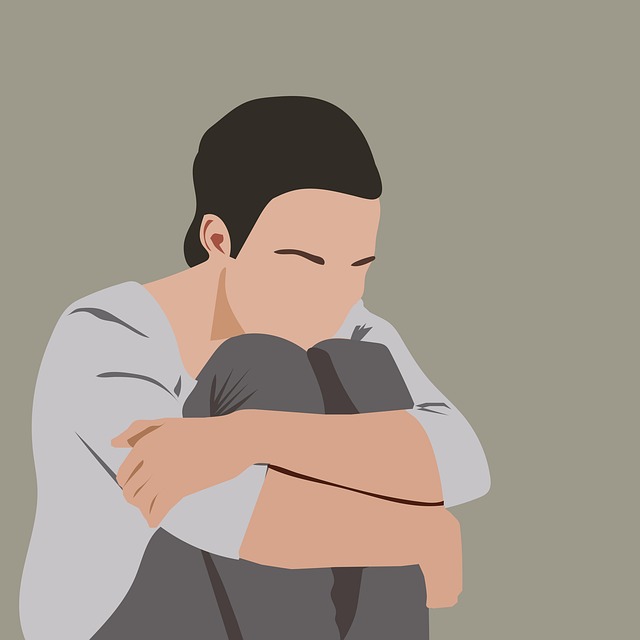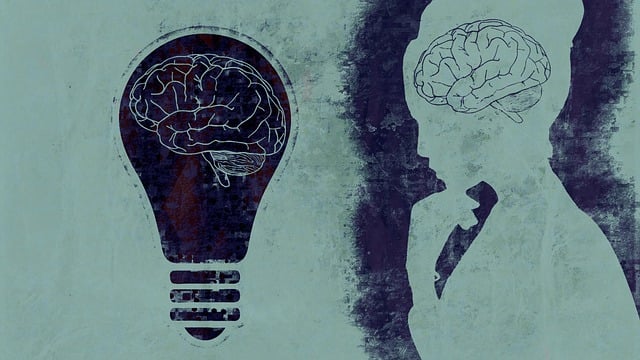Boulder First Responders Therapy leverages positive thinking exercises as a powerful tool for first responders' mental health and resilience. Through mindfulness, cognitive reframing, and gratitude journaling, they cultivate optimism, gratitude, and personal empowerment to cope with work-related stress and trauma. Structured therapy programs provide safe spaces for emotion processing, communication strategies, and conflict resolution techniques. Customized exercises tailored to individual needs, integrated into training, ensure sustained emotional well-being and resilience among first responders. Boulder First Responders Therapy stands out for its innovative approach, offering personalized care and evidence-based crisis support services, leading to improved mental health and coping mechanisms.
In the demanding line of work, Boulder first responders often face intense stress and trauma. To mitigate these challenges, implementing positive thinking exercises as part of structured therapy programs has proven effective. This article explores how such exercises can enhance mental resilience among first responders, offering a comprehensive guide and real-world success stories from therapists in Boulder. By delving into understanding, benefits, implementation strategies, and best practices, this resource aims to empower professionals in the field.
- Understanding Positive Thinking Exercises for First Responders
- The Benefits of Implementing a Structured Therapy Program
- Step-by-Step Guide to Incorporating Positive Thinking Exercises
- Success Stories and Best Practices from Boulder First Responder Therapists
Understanding Positive Thinking Exercises for First Responders

For Boulder First Responders Therapy, understanding positive thinking exercises is a powerful tool in their arsenal for mental health and resilience. These exercises are designed to cultivate a mindset that focuses on optimism, gratitude, and personal empowerment, which are all essential components of maintaining good mental well-being. By integrating such practices into their daily routines, first responders can enhance their ability to cope with the inherent stress and trauma of their line of work.
Positive thinking exercises for first responders go beyond mere positive affirmations. They involve strategies such as mindfulness meditation, cognitive reframing, and gratitude journaling. These techniques help in developing a self-care routine that promotes better mental health awareness. By regularly practicing these exercises, first responders can strengthen their inner strength, enabling them to navigate the challenges they face with heightened clarity, composure, and emotional resilience.
The Benefits of Implementing a Structured Therapy Program

Implementing a structured therapy program, such as that offered by Boulder First Responders Therapy, brings about a multitude of benefits for individuals seeking to enhance their mental wellness. This systematic approach to healing not only provides a safe space for processing emotions and experiences but also equips participants with effective communication strategies and conflict resolution techniques. By engaging in regular sessions, individuals can learn to reframe negative thoughts, cultivate resilience, and develop healthier coping mechanisms.
The structured nature of the program ensures that each participant receives consistent support tailored to their unique needs. Through group therapy sessions and personalized interventions, individuals gain valuable insights into their thought patterns and behaviors, fostering self-awareness and personal growth. Moreover, learning effective communication strategies enables better expression of emotions and needs, leading to improved relationships and a heightened sense of well-being.
Step-by-Step Guide to Incorporating Positive Thinking Exercises

Implementing positive thinking exercises can transform lives, especially for those in high-stress roles like Boulder First Responders. Here’s a step-by-step guide to help incorporate these practices effectively:
1. Educate Yourself: Begin by understanding the science behind positive thinking and its impact on mental health. This knowledge will empower you to share valuable insights with your team during debrief sessions or training. Incorporating concepts like gratitude, reframing, and cognitive restructuring can serve as a solid foundation.
2. Identify Suitable Exercises: Choose exercises that align with the diverse needs of your team. Simple practices such as daily affirmations, positive self-talk, or even short mindfulness meditations can make a significant difference. For instance, start the day with a brief moment of silence for each member to set an intention or affirm their capabilities.
3. Create a Safe Space: Establish a supportive environment where individuals feel comfortable sharing their experiences and emotions without judgment. Regular therapy sessions or support groups facilitated by trained professionals or healthcare providers can foster this safety. The comfort level will encourage participants to embrace the exercises openly.
4. Incorporate Regularly: Make positive thinking exercises a regular part of your routine. Schedule dedicated time for these practices, whether it’s during team meetings, break periods, or post-incident debriefings. Consistency is key to forming new neural pathways and cultivating lasting emotional well-being.
5. Adapt to Individual Needs: Recognize that each person has unique challenges and approaches. Offer a range of options and encourage individuals to choose exercises that resonate with them. This customization ensures higher engagement and effectiveness, promoting deeper trauma support services and enhancing overall resilience.
6. Monitor Progress: Regularly assess the impact of these exercises through open discussions or anonymous feedback forms. Observe improvements in emotional regulation, stress management, and overall job satisfaction. These insights can guide adjustments to your program, ensuring it remains relevant and impactful.
7. Integrate with Training: Incorporate positive thinking techniques into healthcare provider cultural competency training programs. Teach them how to model resilience and optimism, which can significantly influence their interactions with patients experiencing distress. This holistic approach to emotional well-being promotion techniques can revolutionize the way services are delivered.
Success Stories and Best Practices from Boulder First Responder Therapists

Boulder First Responders Therapy has become renowned for its innovative and effective positive thinking exercises, providing a beacon of hope and healing to many in crisis. These therapists, equipped with specialized training in trauma support services, have successfully implemented various strategies to help individuals navigate through challenging situations. Their approach often involves tailoring interventions to meet the unique needs of each client, ensuring personalized care.
Through Crisis Intervention Guidance, these professionals facilitate a safe space for expression and reflection. By incorporating evidence-based practices, they guide clients towards positive thought patterns, helping them rebuild resilience and cope with trauma. The success stories within this practice demonstrate the power of supportive therapy, showcasing improved mental well-being and enhanced coping mechanisms in individuals who previously struggled with severe stress and anxiety.
Positive thinking exercises have proven to be a powerful tool for Boulder First Responders Therapy, offering substantial benefits in managing stress and enhancing emotional well-being. By implementing structured programs, first responders can develop resilience and maintain mental health. The success stories shared highlight the effectiveness of these practices, demonstrating that incorporating positive thinking into their routines allows them to navigate challenging situations with greater ease. This article serves as a guide for therapists and first responders alike, encouraging the adoption of these exercises to foster a healthier and more supportive environment within the Boulder community.














